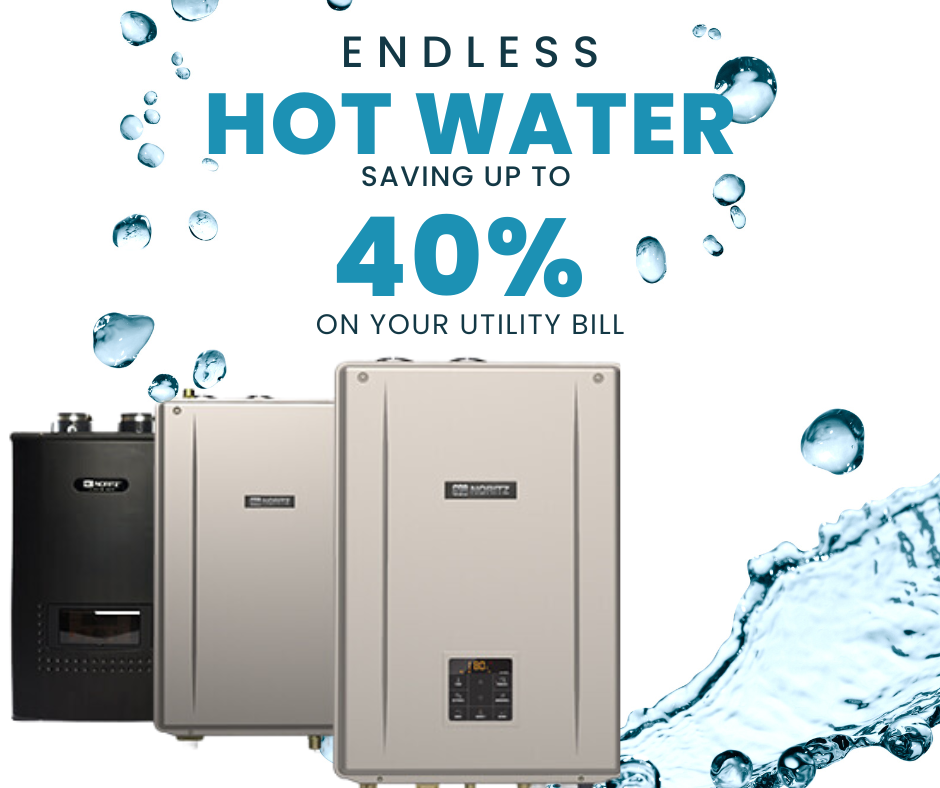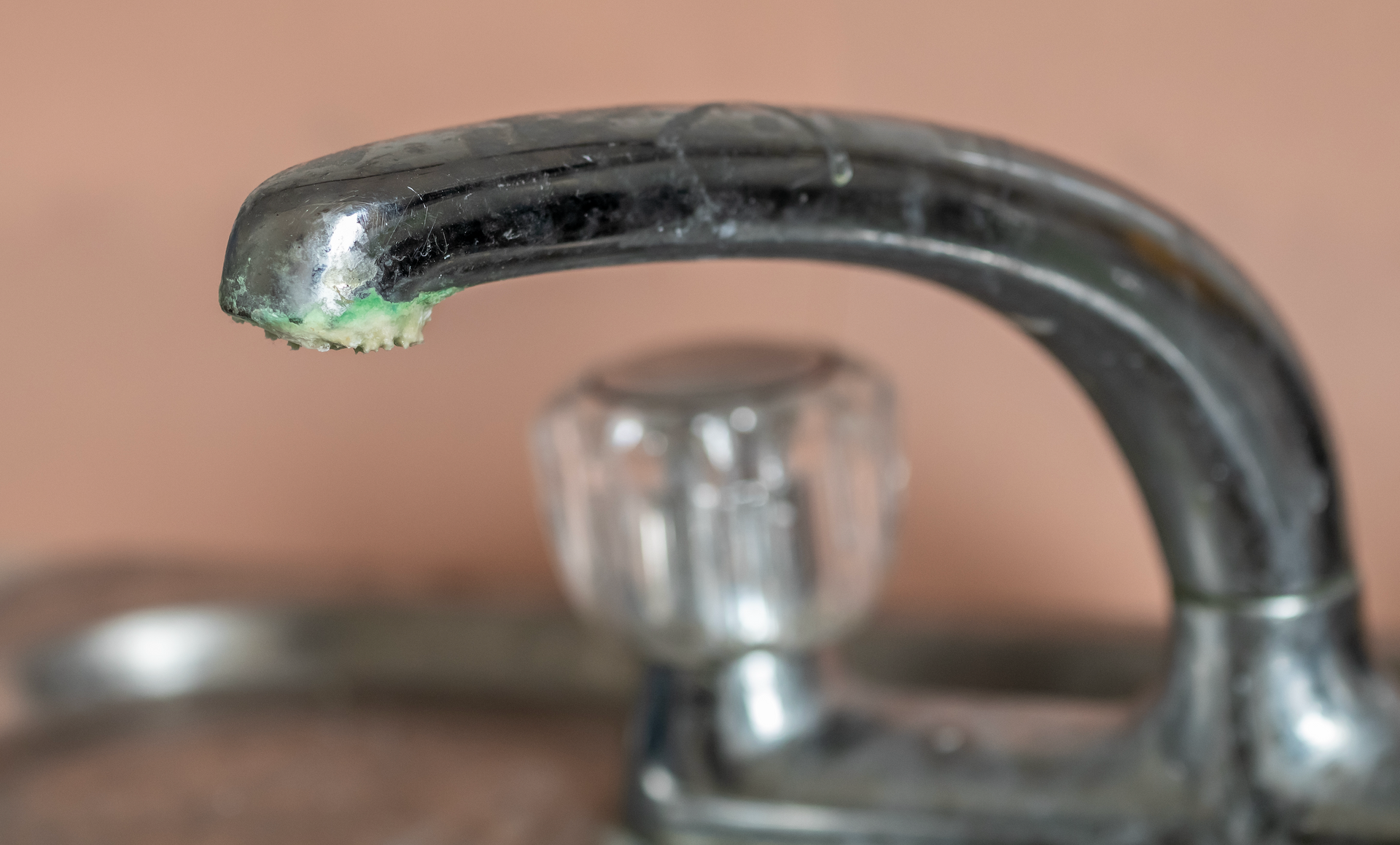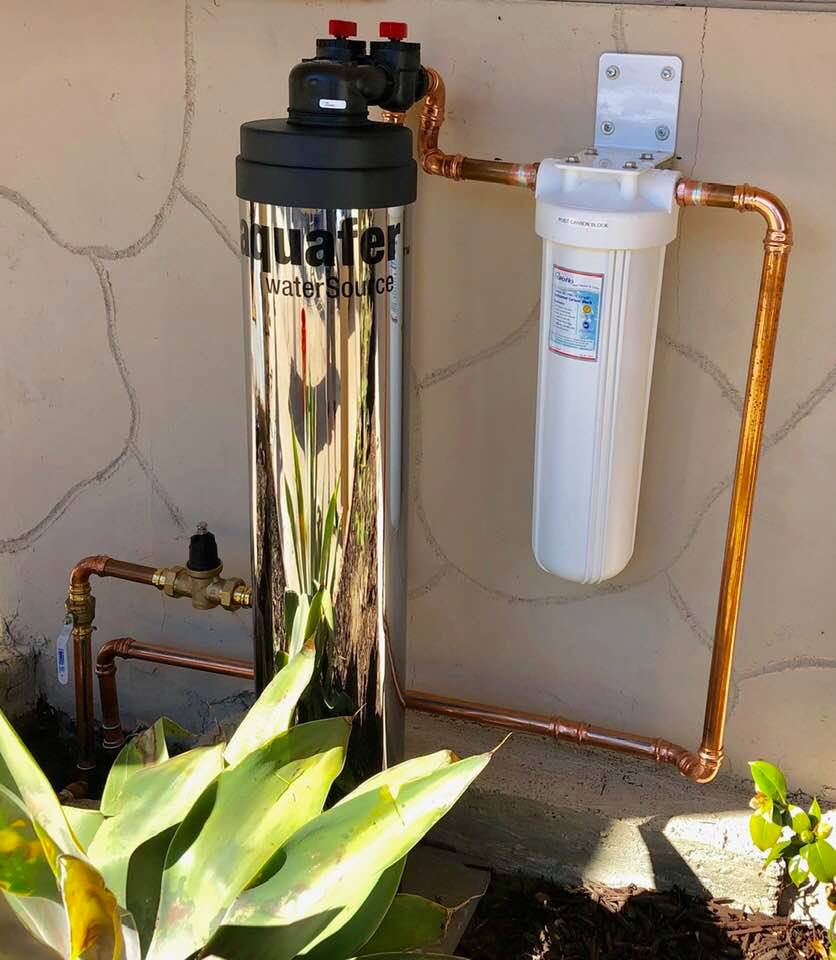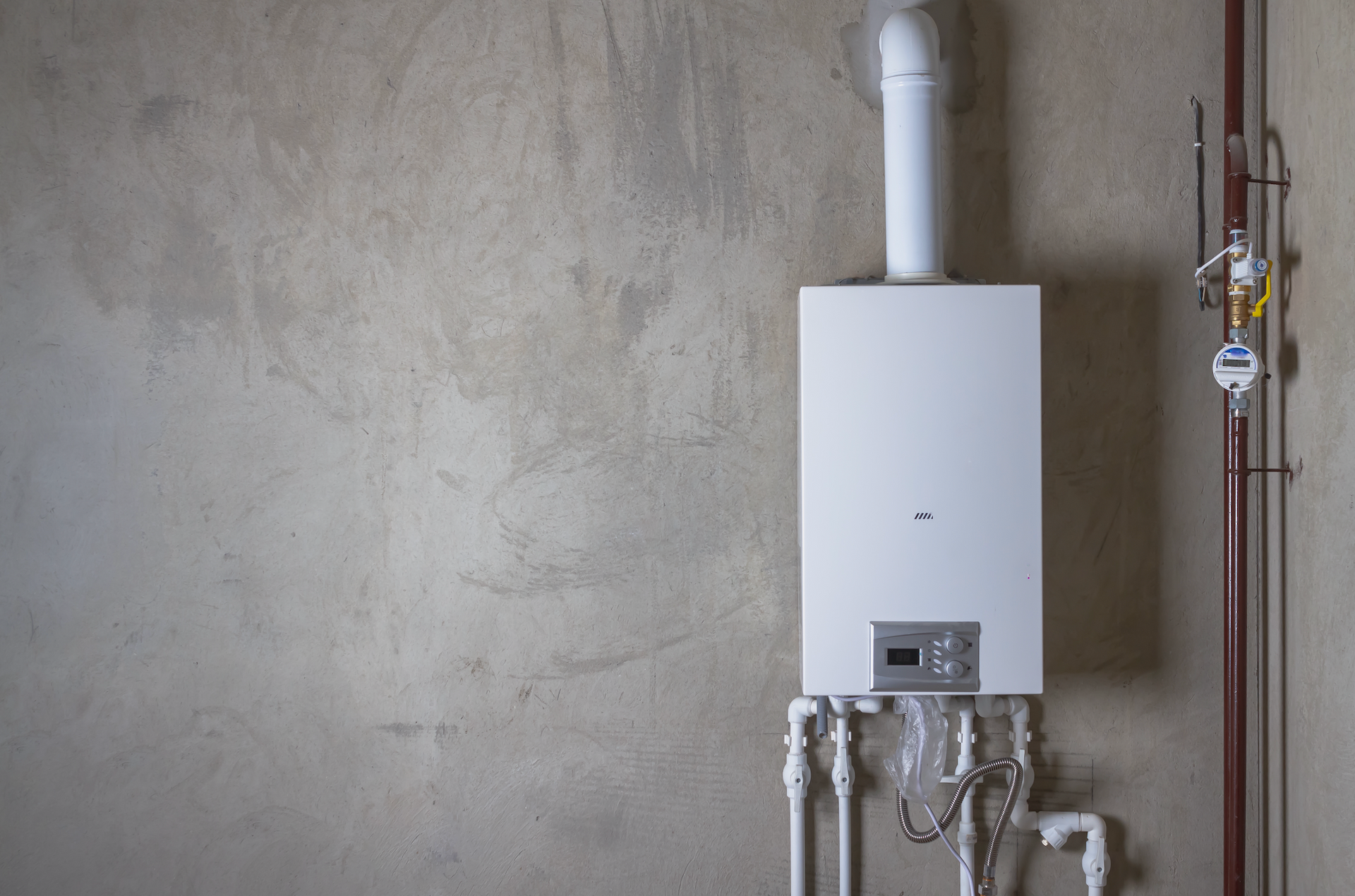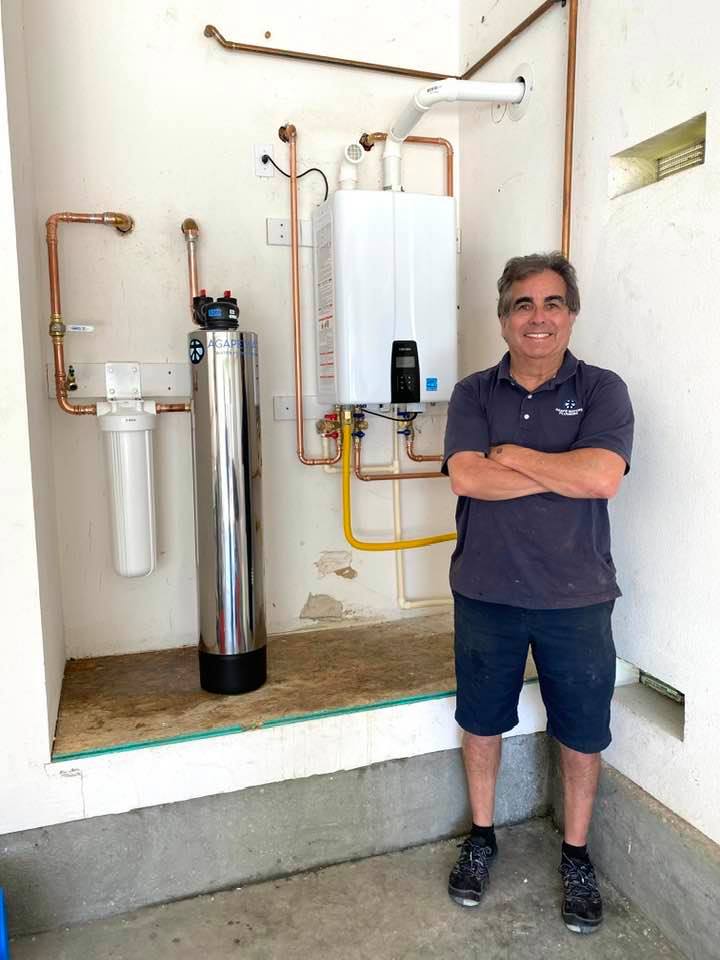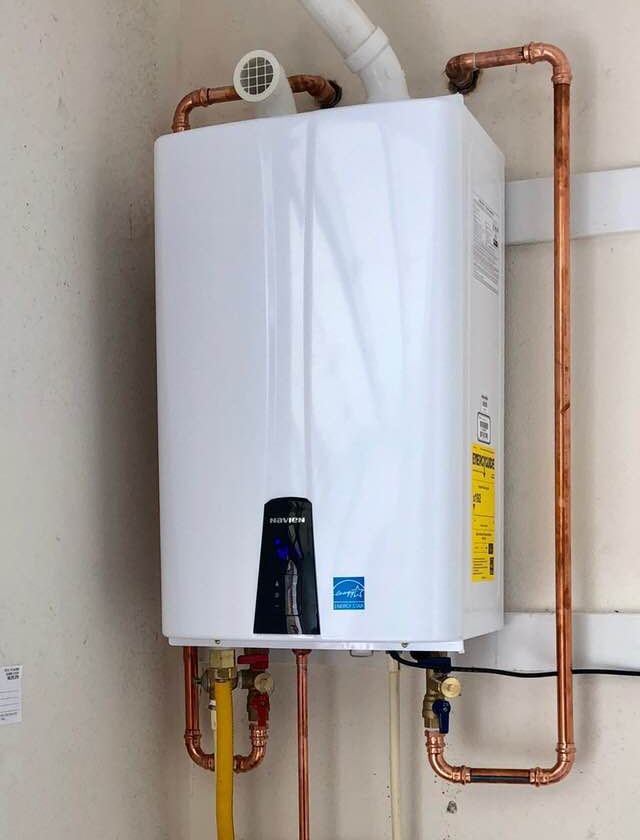Protecting Against Microplastics in Southern California Drinking Water
This is a subtitle for your new post
Microplastics in southern California drinking water are uninvited guests that might slip into a glass of tap water or prepared meal, hidden to the naked eye but potentially huge on impact.
With each sip of water, it's hard to know what potential invisible hazards might be inside. It’s not just about taste or clarity—it's a question that taps into our well-being: What exactly are we gulping down with each glass?
Here, we'll dive deep into an ocean of info—what microplastics are, why standards matter for your health, the ways in which water filtration systems can keep you safe, and how new laws aim to keep your H2O clean.
Table Of Contents:
- Microplastics in Southern California Drinking Water: Definitions and Standards
- What Are Microplastics?
- Setting the Standard
- Health Implications of Microplastic Contamination
- Legislative Actions Addressing Microplastic Pollution
- The Importance of Clean Water for Public Health
- Custom Solutions Meet Unique Needs
- Agape Waters' Role in Ensuring Safe Drinking Water
- FAQs in Relation to Microplastics in Southern California Drinking Water
- Is California the first state to test drinking water for microplastics?
- Which is likely the largest contributor of microplastics in California coastal waters?
- What happens if you drink water with microplastics?
- What's the best way to ensure your drinking water is clean?
- Wrapping Up
Microplastics in Southern California Drinking Water: Definitions and Standards
What Are Microplastics?
You might have seen the term 'microplastics' in the news, but what exactly are they? Think of microplastics as the invisible party crashers in our water systems. They're tiny plastic particles less than 5 millimeters big—about the size of a sesame seed or smaller. But don't let their size fool you; these little particles can have some serious health effects.
In sunny Southern California, where beaches reign supreme and clean tap water is expected, it's become clear that we need to keep an eye on these unwelcome guests. So much so that on July 1, 2023, legislation demanded we nail down what counts as microplastics in drinking water. Without a definition, how can we effectively manage the issue?
California didn’t just stop with definitions—they also started looking into microplastic testing to protect public health from San Francisco all the way down to those southern coasts.
Setting the Standard
Southern California isn’t playing games when it comes to tackling this issue head-on. After deciding on a definition, attention turned towards finding reliable ways to spot them lurking in your glass of H20.
The challenge was not only figuring out how many types of polymer there are floating around (spoiler alert: too many), but also determining which analytical methods could best identify them. The result? This year the California Water Boards have been hard at work developing standardized procedures, because let’s face it – when dealing with the type of health threats the toxicity studies suggest—it’s crucial everyone speaks the same scientific language.
This move wasn’t just about making sure every lab uses raman spectroscopy correctly or obsesses over getting that guidance level perfect—it was about ensuring safe drinking waters across Cali's vast landscapes and its highly populated cities.
Recent press releases highlight how pivotal having standard operating protocols really is for both understanding and mitigating risks associated with microplastic pollution.
Key Takeaway:
Microplastics, those tiny troublemakers in our water, are now defined and hunted down with new testing standards in SoCal. California's got its eye on keeping tap water safe and microplastic-free.
Health Implications of Microplastic Contamination
We're only starting to scratch the surface on how these plastic particles impact us. At this point we're not yet sure of the total health implications, but it has quickly become clear that it shouldn't be taken lightly; studies suggest microplastics may remain in the body for several years.
The State Water Board is on high alert—they know that keeping tabs on microplastics is crucial for public safety. That's why they’re mulling over setting thresholds for biological effects caused by microplastics. To truly understand what we’re up against with health effects of microplastic particles, think of them as stowaways hitching rides through various biological expressways within us.
Cutting-edge techniques like Raman spectroscopy come handy when identifying rogue agents based on polymer type but determining how exactly those materials affect biota requires diving deeper—a task researchers aren’t shying away from though answers seem coyly hidden behind layers of complexity. Learn more about research concerning bioeffects here.
Key Takeaway:
Southern California's water might look clean, but microplastics are crashing the party. They're tiny, potentially harmful, and we're just beginning to understand their impact on our health. The State Water Board is gearing up to tackle this invisible threat because no one wants a body full of plastic.
Legislative Actions Addressing Microplastic Pollution
The California Safe Drinking Water Act took it up a notch by demanding clarity on microplastics. The policy handbook on microplastics testing calls them fragments less than 5 millimeters big—no larger than a sesame seed. In 2018, Senate Bill No. 1422 sailed through legislation, mandating that those overseeing our H2O must get serious about spotting and reporting on microplastics.
By July 1st, 2023, lawmakers set out to define what counts as 'microplastics in drinking water and began crafting standardized analytical methods for tracking down every last particle hiding out in tap water—a veritable game of hide-and-seek at microscopic levels. And while it's encouraging to see this degree of science meeting policymaking head-on to protect public health, microplastics have become another reason whole house water filtration systems are in increasingly high demand in Southern California. But more on that in a moment.
Ultimately, the new legislation serves to provide a level of necessary oversight: California now requires four years of dedicated detective work followed by full disclosure—the kind you'd expect when something affects your family's wellbeing.
Key Takeaway:
California's tackling microplastics head-on, with laws that demand clear water testing and full disclosure. Imagine tiny plastic bits smaller than sesame seeds in your glass—now lawmakers are making sure we find them and come clean about it.
The Importance of Clean Water for Public Health
Clean water isn't just nice to have; it’s crucial for our health. With research hinting at potential health risks from microplastic contamination, ensuring clean tap water has never been more vital. Think about it like this: if your body were an engine, then pollutants like microplastics would be akin to sand in your fuel tank – not exactly ideal.
To keep things running smoothly, Agape Waters brings game-changing tech to battle these invisible intruders head-on because we all deserve safe drinking water without second-guessing what's hiding in there.
Custom Solutions Meet Unique Needs
You wouldn’t wear someone else’s glasses and expect perfect vision—so why settle for one-size-fits-all when purifying your H2O? That's where Agape Waters shines by offering personalized solutions designed around the unique needs of Southern Californians battling against the influx of microplastic contaminants.
Gone are the days of cookie-cutter filters; say hello to precision-engineered systems crafted just for you—and hey, they don't just stop at plastics either. These filtration powerhouses tackle a range of nasties lurking in your pipes so that nothing unwanted makes its way into your glass or cooking pot.
Agape Waters' Role in Ensuring Safe Drinking Water
For families in Southern California seeking to take an active role in protecting their health, Agape Waters' whole house water filtration systems provide a comprehensive level of protection against numerous threats to healthy drinking water.
The Agape Waters Custom Water Treatment System employs an intricate six stage system, effectively removing substances such as chlorine, chloramines, lead, various heavy metals including chromium-6, pesticides, bacteria, and VOCs (Volatile Organic Compounds). Taking things much further than standard reverse osmosis filters, this innovative system, enhanced by a 5-micron post-carbon filter, not only reduces hard water scale due to calcium and magnesium, but it also lowers the water's surface tension.
Key components of this process include a dual magnetic pass of high intensity, a triple-chamber mechanism for catalytic surface treatment, and the use of KDF (Kinetic Degradation Fluxion) media. The system's design ensures an upward flow of water, eliminating the need for regeneration backwash maintenance.
Some of the key benefits include:
•Effectively removes dangerous particles and contaminants, leaving drinking water completely clean and safe
•No chemicals or salt to add; no polluting chemicals to drain
•No water to drain; no valve, thus no electrical use and no repair services
•Provides safer healthier water at every faucet in your home, offices or complex
•Eliminates the taste and odor of chlorine and chloramines
•Reduces lead and other heavy metals in your water
•Long life non-carbon media, bio-static; eliminates harmful effects of hard water scale
•Improves plant growth via a lowered water surface tension
•Provides salt free water conditioning and salt free whole house water filtration.
•Makes soaps and detergents go further; prevents bathtub ring.
Furthermore, Agape Waters Whole House Water Filtration systems operate without electrical power, relying solely on the strength of its magnets. Unique in its field and currently awaiting patent approval, this system boasts a longevity of over 12 years.
Key Takeaway:
Agape Waters is leading the charge against microplastics in SoCal's water with their custom whole house filtration systems, because clean water means better health. They don't just make any filter; they craft solutions that match your home's needs to keep you and your family safe from unwanted nasties.
FAQs in Relation to Microplastics in Southern California Drinking Water
Is California the first state to test drinking water for microplastics?
Yes, California blazed the trail, setting precedents for other states on monitoring drinking water for these tiny pollutants.
Which is likely the largest contributor of microplastics in California coastal waters?
Rundown from cities often leads as a top source of microplastic pollution along California's bustling coastlines.
What happens if you drink water with microplastics?
The full health impact isn't crystal clear yet. Scientists are hustling to understand what ingesting these particles means long-term.
What's the best way to ensure your drinking water is clean?
Whole house water filters, like the custom filtration systems installed by Agape Waters will protect you from a wide-range of potential contaminants (like microplastics).
Wrapping Up
So, we've navigated the tricky waters of microplastics in southern California drinking water. We now know these tiny trespassers are more than just specks—they're a health concern that's finally getting the spotlight.
We started by defining what microplastics are and why testing standards matter for our safety. The science is clear: to protect our health, we need solid guidelines.
Then, we explored how legislation like Senate Bill No. 1422 is stepping up to safeguard our tap water with mandatory tests and transparency.
And finally, there's Agape Waters' whole house water filtration systems, on the frontline, crafting custom filters that provide southern California homes with clean drinking water.
In every drop of knowledge about microplastics lurks a chance for change—let's drink it all in and make sure each glass leads us toward cleaner, safer water tomorrow.

